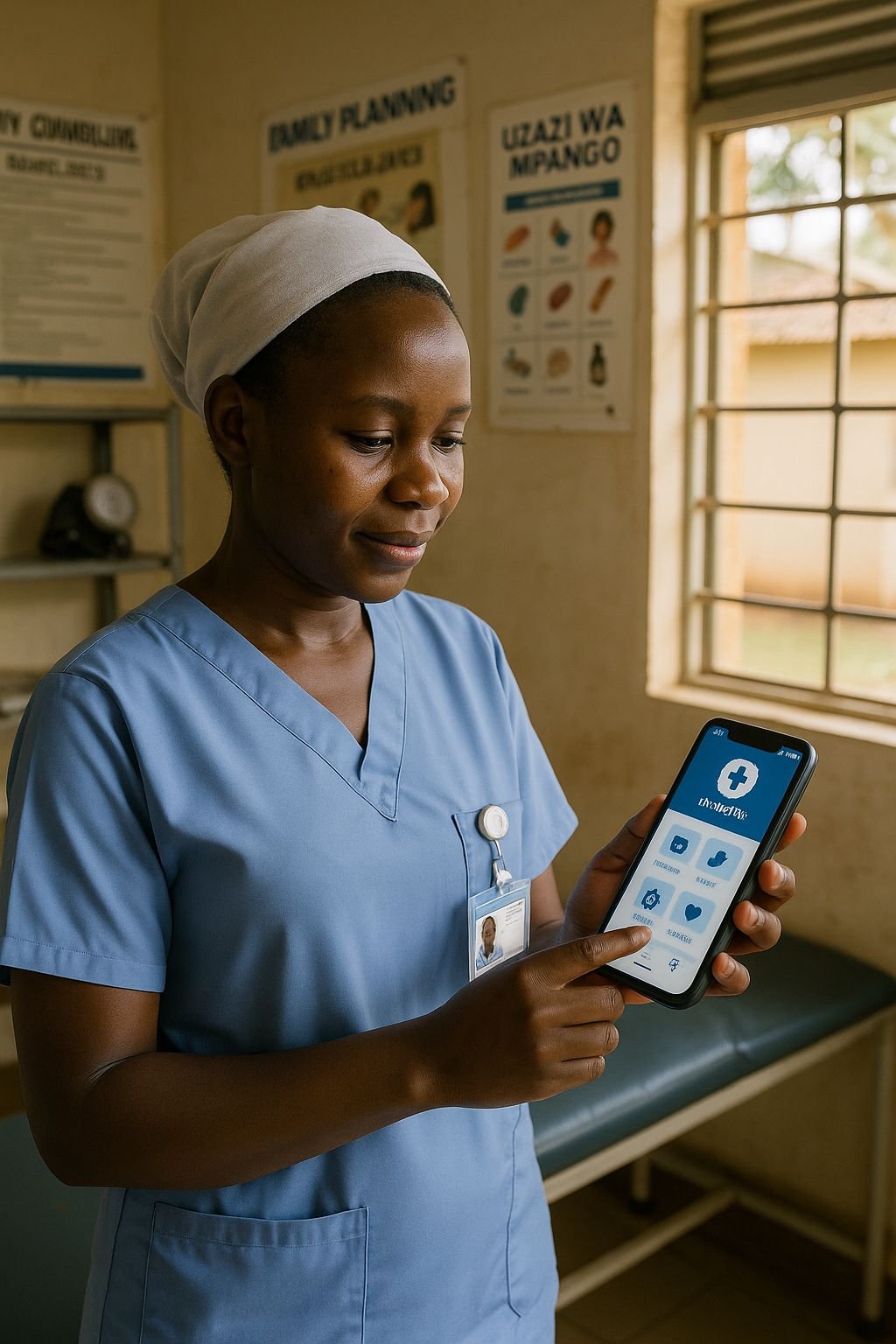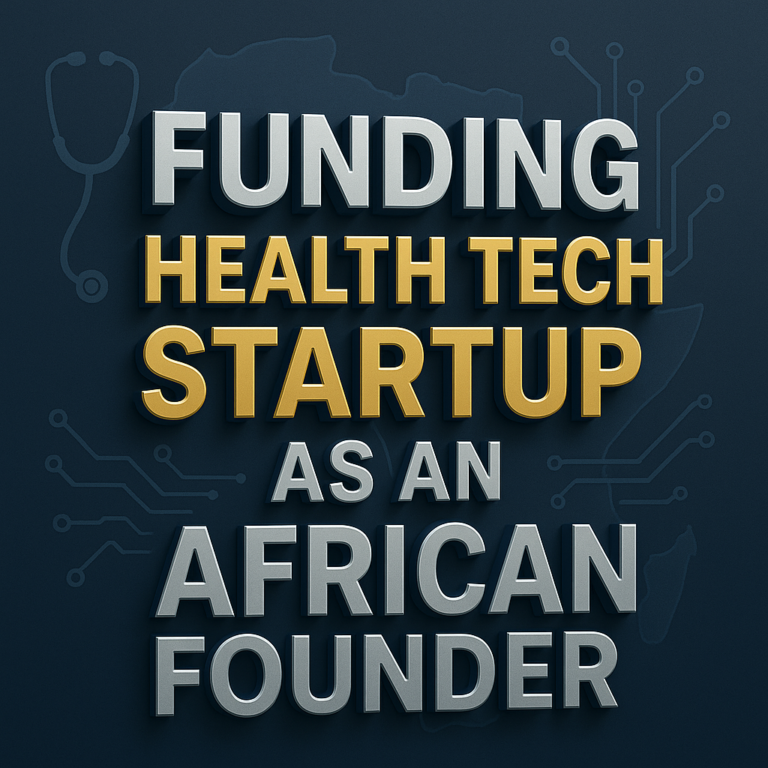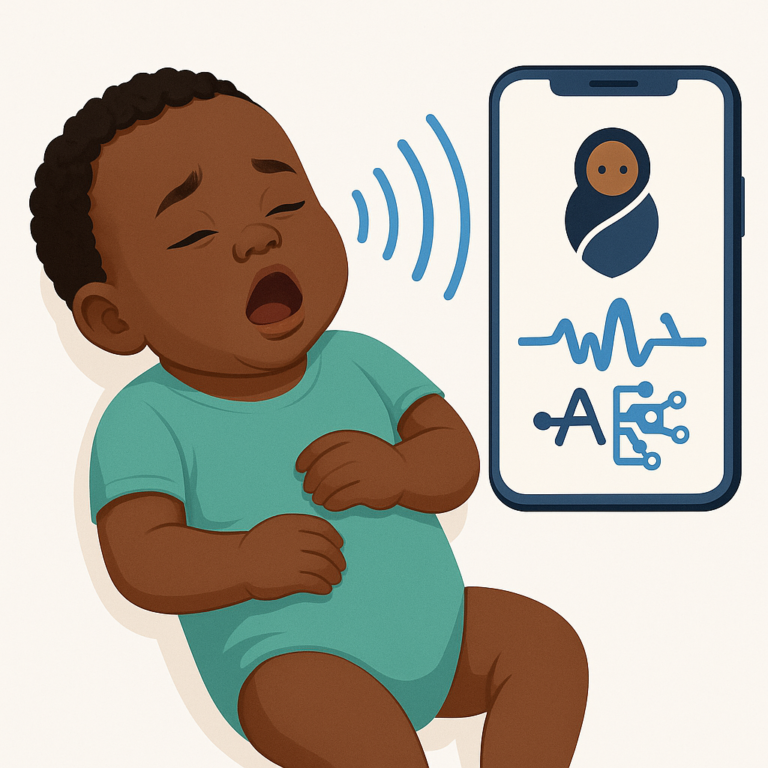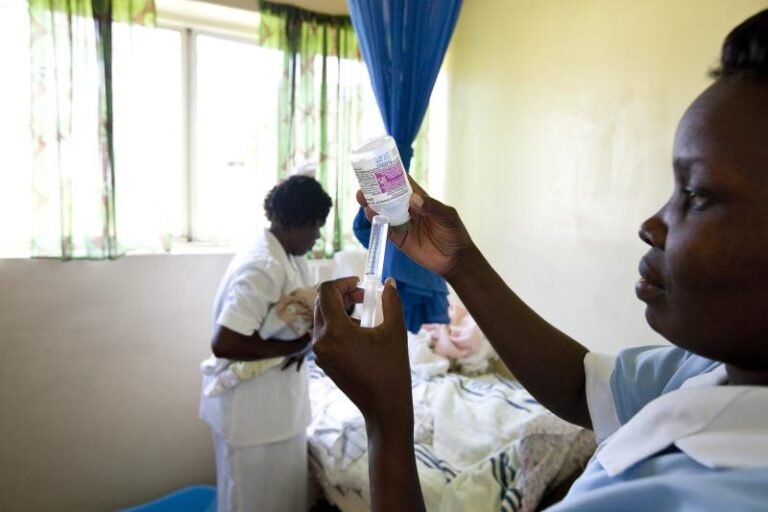Following the COVID pandemic, the world has seen a rise in digital health innovations, and Africa is no exception. From symptom-checking apps to telemedicine platforms, developers and donors alike have embraced mobile technology as a silver bullet for Africa’s health challenges. After all, mobile penetration across the continent is high, and digital solutions promise scalability, affordability, and reach. Despite the hype, mobile health apps alone are not and cannot be the answer to Africa’s deeply rooted health access problems.
In most African countries, access to healthcare is not a technology problem; it’s a structural one. The average doctor-to-patient ratio in these countries is about 2.6, which is significantly lower than the WHO’s recommended minimum of 10 doctors per 10,000 patients for adequate healthcare coverage. Hence, millions of this population face barriers to care not because they can’t find health information online, but because there are too few health workers, too few functioning facilities, and too many systemic inequities.
An app cannot stock a clinic with antibiotics or replace a midwife in rural northern Nigeria. Nor can it fix fragmented health systems, underfunded primary care, or the lack of emergency transportation.
Although mobile phone use is growing, many people, especially in rural areas where over half of Africa’s 1.4 billion people live, still lack the skills to use them effectively. On top of that, weak network coverage and unreliable electricity make it even harder to rely on these tools. Also, most health apps do not connect well with public health systems. They are usually funded by donors, focused on one disease, and limited to short-term pilots. Many are launched with excitement but abandoned soon after. Without links to the broader healthcare system, these apps often end up unused and ineffective.
So, should we stop innovating? Absolutely not. What Africa needs is not less innovation but more meaningful and context-specific innovation. Tools that work with health workers, not in place of them. Systems that strengthen care delivery from the ground up, that reach beyond the smartphone screen to where the patients are.
In recent times, we have seen innovative and context-specific tools like SMS-based reminders that have improved vaccine uptake in rural clinics. Community health worker apps that assist with decision-making, referrals, and stock tracking have also been impactful. These innovations succeed not because they are flashy but because they are practical, scalable, and designed with the end user in mind.
While health apps have an important role in healthcare delivery, they are not the fix for health inequity in Africa. Real access comes from trained personnel, adequate infrastructure, political will, and sustained investment. Technology must support, not replace, that foundation.
Source: The Future Of Healthcare





9 Responses
Yo, spribewingamee is definitely on my radar! I’ve heard good things, so I’m gonna give it a spin sometime soon. See what all the hype’s about at spribewingamee.
Hey everyone, gave 78fplataforma a shot. Interface is simple, not too flashy. Good start! Will be keeping an eye on it to see where this platform goes.
Just tried 4jl, and it’s pretty slick! Smooth experience and easy to navigate. I’m liking it so far. Check it out here: 4jl
Downloaded the 777pubapk and it’s super convenient to play on my phone. No lag, good graphics. Definitely recommended for mobile gaming. Get it here: 777pubapk
89bet2 is a fun place to spend some time. Lots of action and good vibes. Give it a whirl! Right here: 89bet2
I’ve been checking out f8bet34vip via F8bet34vip lately. I find it really fun. Try it out, maybe you will find it fun too! Check it out at f8bet34vip
O Onebra tem uma seleção de jogos bem dahora, pra todo tipo de jogador! Tem de tudo e sempre tem novidade. Corre la pra ver os onebra jogos.
Having a cheeky flutter on sclup88 at sclub88vip.com. Gotta be in it to win it, eh? See for yourself: sclup88
Looking for free movies? I downloaded the FreeCine APK Mod. So far so good. No issues so far, great selection. You can find more info on it here: freecine apk mod